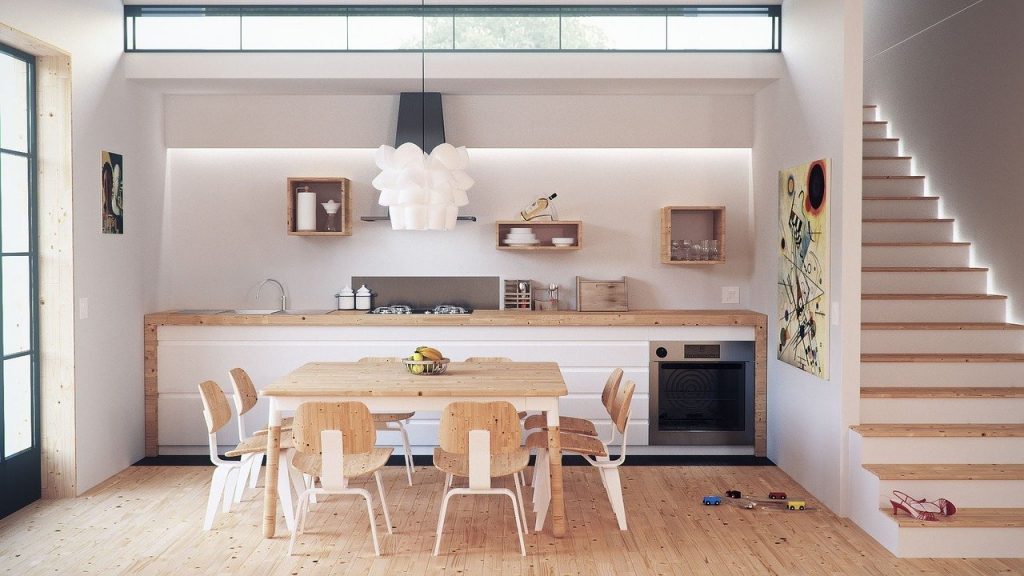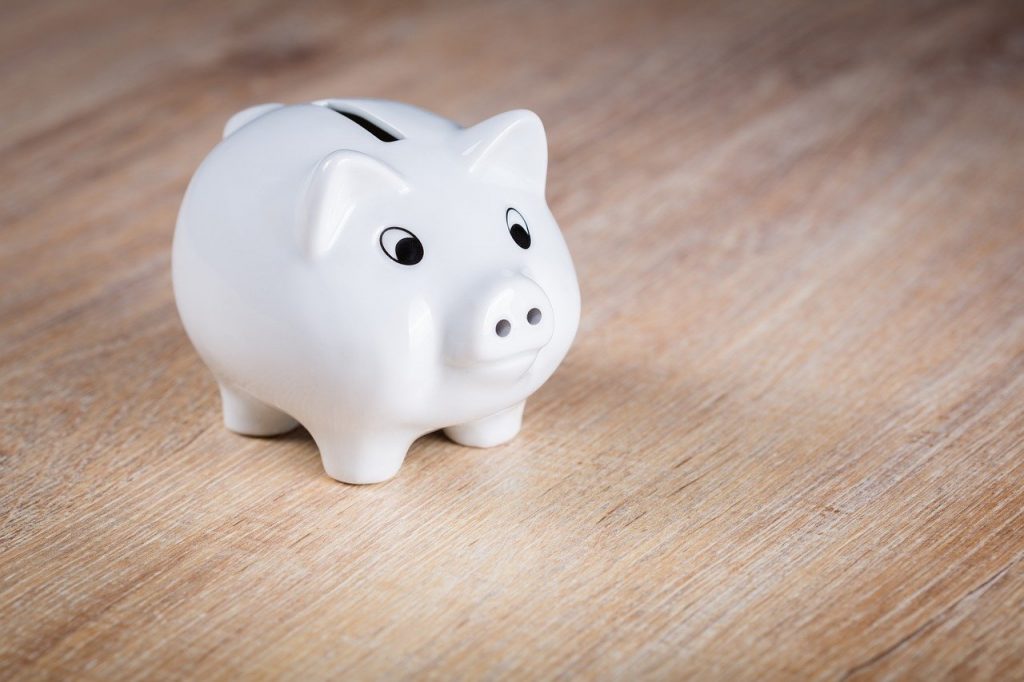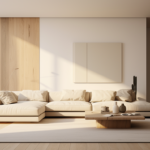We all need to slow down. We are in too much of a rush. We are trying to accomplish too much. We’re working harder and for longer hours than ever before. We are straining to keep up with the Joneses as we fill our homes with material objects, just so that we can tell others (and ourselves) that we have them. We are spending money faster than we can earn it back, paying less into our savings and leaving ourselves without a safety net for the future. We are putting ourselves on a fast track to either burnout or bankruptcy.

It is time to pump the brakes.
It is time to reflect on our lifestyles and where they could ultimately lead to. It is time to acknowledge that things need to change, while also understanding that it is never too late to make positive changes in your life. You are not a train stuck on a set track. You are completely autonomous and capable of making changes. You just have to want to enough. And part of that involves letting go of your prejudices and misconceptions. Which brings us to the subject of minimalism. Some readers will already be rolling their eyes upon reading the word. But if you take a leap of faith and educate yourself you may find that it can bring a number of wonderful benefits to your life. Here are some very compelling reasons to rethink your preconceptions about minimalism:
Minimalism Is Not What Many Of Us Assume It To Be
The myths and misconceptions that many people have can obfuscate the potentially awesome benefits of a minimalist lifestyle. No, minimalism does not mean that you should give up all of your material possessions, change your name and live in a commune with people who only eat mung beans and brown rice. No, it does not mean that you can never enjoy a shopping trip again. It simply means that you should think a little harder about where you look for meaning in your life.
Minimalism is not just a way of decorating your home. It is a way of re-evaluating your priorities and choosing people and experiences over possessions. We live in a consumer capitalist society. And that has conditioned us to measure our worth in terms of the things we own. But it is the nature of most possessions to lose their value over time. And the happiness they bring us will inevitably diminish and render our belongings little more than clutter.
Minimalism is a way of breaking the cycle of shopping, feeling unfulfilled, and trying to spend ourselves happy.
And that, surely, is something that we can all get behind?
Minimalism Is A Return To Nature
Our current way of life is extremely unhealthy. Think about it. We on average of 6 hours a day sitting on our butts in work and at home. Our bodies have not evolved to be sedentary for the length of time that we spend seated and this will inevitably have an impact on our wellbeing. Although binge watching a season of Good Girls on Netflix might seem comforting, it can wind up doing us more harm than good in the long term.
We spend an inordinate amount of time staring into different kinds of screens. And not only does this keep us sedentary, all that blue light is likely to have a knock-on effect on your health, making you feel restless, anxious or depressed, and making it harder to sleep at night.
Minimalism, on the other hand, is all about returning to nature, spending more time in the fresh air among trees, plants and flowers, rather than breathing in recirculated air in your local shopping mall. It is about enjoying time with your friends and family under the sun, trading anecdotes, and living a life filled with laughter.
It is also about bringing more of the natural world into the home. Synthetic materials like plastics, man made fibers, and so on may be affordable and versatile, but they can actually make us feel less happy and relaxed at home. Take a look at the New Classic Home Collections to see that natural and stylish can be perfectly integrated. Inviting more wood, stone, ceramics, wool, cotton, paper, and other naturally derived materials into your decor can help you to live a simpler, happier, and more relaxed life. And do not forget the enormous power of house plants to brighten up your living space, improve the quality of your air, and encourage you to take better care of yourself.
Minimalism Means Living With Reduced Stress
The things you own can end up owning you. They can take up an increasing amount of space in the home, exceeding our storage capacity, and spilling out onto our surfaces and into our sight lines. Thus, our once prized possessions become clutter. And clutter can make us feel more stressed in the one place where we are supposed to be able to relax. It creates visual “noise” and distracts us when we need to be able to concentrate. It makes the home harder to keep clean and tidy, adding more to our stress. It also creates cumulative stress that spills over into our working and social lives, whether we are aware of it or not.
However, minimalism encourages us to focus more on what really matters, to stop looking for meaning in all the wrong places and find a deeper level of fulfilment than the fleeting exhilaration that comes with a spending spree.
Minimalism Is A Healthier Lifestyle
Minimalism is an inherently more active, outdoorsy, and healthy way of life. Both in physical and psychological terms. Again, our 21st Century lifestyle dictates that we spend much of our time sitting and peering into various screens. And that can lead to all kinds of health problems, increasing your risk of a wide gamut of chronic illnesses. Moreover, all the stress we accumulate in our professional and private lives can also accumulate and wreak its own kind of havoc with our health.
Minimalism, however, does not just encourage us to feel happier and more relaxed at home, it encourages us to partake in more experiences rather than sitting at home with our belongings. It can help us find the time to cook more nutritious meals, ease stress, anxiety, and depression and make us change our habits so that we are leading healthier, happier, and more fulfilled lives.

Minimalism Will Almost Definitely Save You Money
The problem with consumerism is that it leaves us constantly chasing the tail of a dragon that we can never hope to catch. We all know that voice in our heads that whispers “Go on… treat yourself!”. We also all know the rush of adrenaline and endorphins that kick in when we indulge that voice. Just like we also know how loathsome we feel when we check our bank statements or when the credit card bill arrives. Consumerism has us all addicted to that rush, while the financial services industry never stops coming up with new and appealing ways to help us spend beyond our means.
Embracing a minimalist lifestyle, however, allows you to stop spending and smell the roses. You will re-evaluate how much each of your possessions belongs in your home and potentially make money from selling them on to someone who will value them more. Best of all, you likely will not feel like you have lost everything. After all, you can still pursue your passion for reading at your local library. You do not need to keep adding new books to your collection if you know you will never read them again.
Combined with careful budgeting, you may find that minimalism frees up more of your disposable income than you ever knew you had, allowing you to save for vacations or short trips with the family so that you can accumulate memories instead of things.
Minimalism Will Give You More Free Time And Energy
Many of us put in hour after hour of overtime to give ourselves more spending power. We throw hour after hour of our lives away just so that we can buy more things that we really do not need. Not only does this leave us with less time to spend with our nearest and dearest, it also saps our energy and enthusiasm for life.
As such, when you embrace minimalism and free yourself from the need to acquire more belongings, you may well find that you need to work less, and as such you have a lot more energy to enjoy your time with friends, family, and your significant other.
Minimalism Is A Moveable Feast
The great thing about minimalism is that it is a moveable feast. You can integrate as much or as little of it into your lifestyle as you want to. Simply making an effort to clear out clutter and put some of your old stuff on eBay to free up storage space is a great example of embracing minimalism.
You do not need to start living off the peppers you grow in your window box, close your Amazon account, or vow never to step inside a mall ever again. You just need to re-evaluate the importance of your material possessions in your life.







